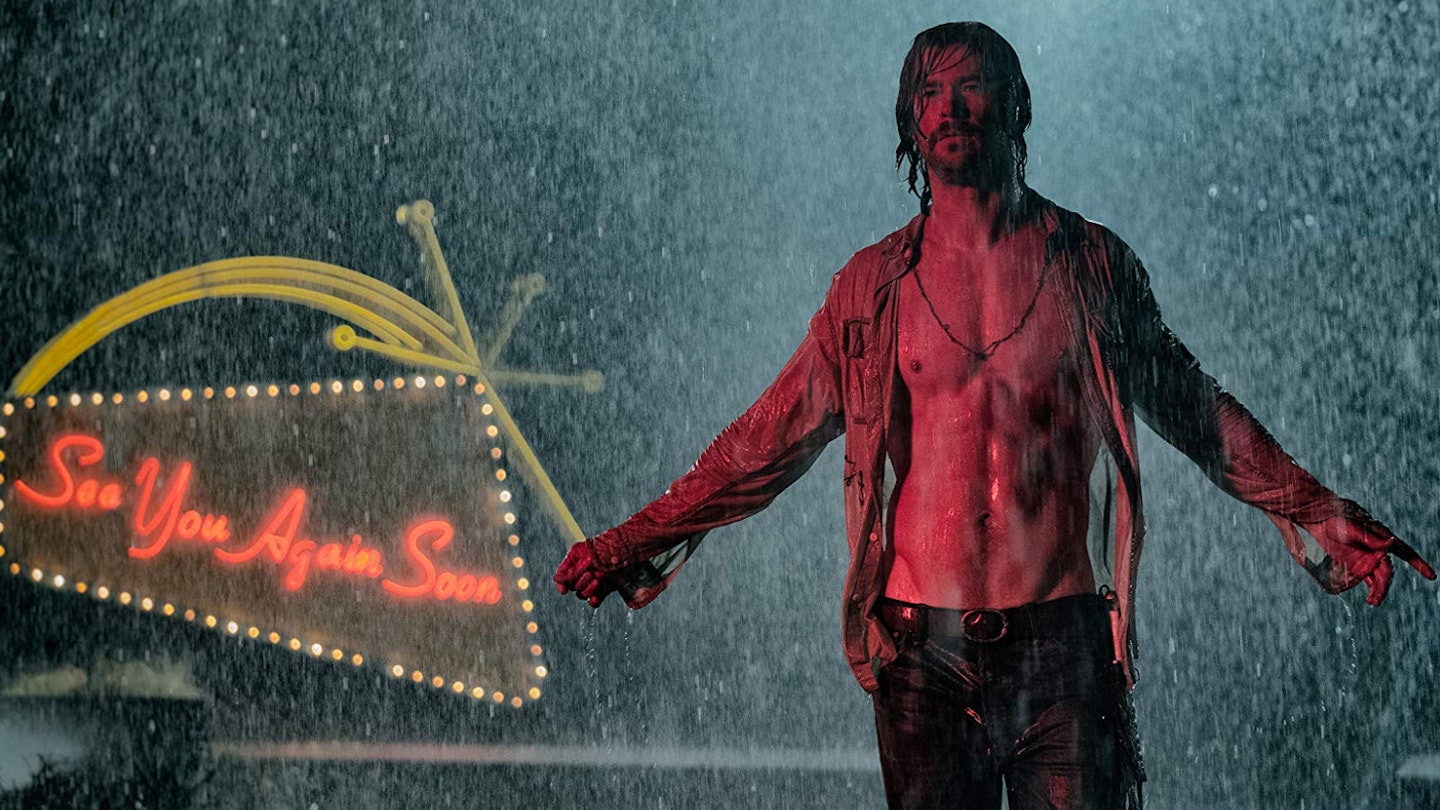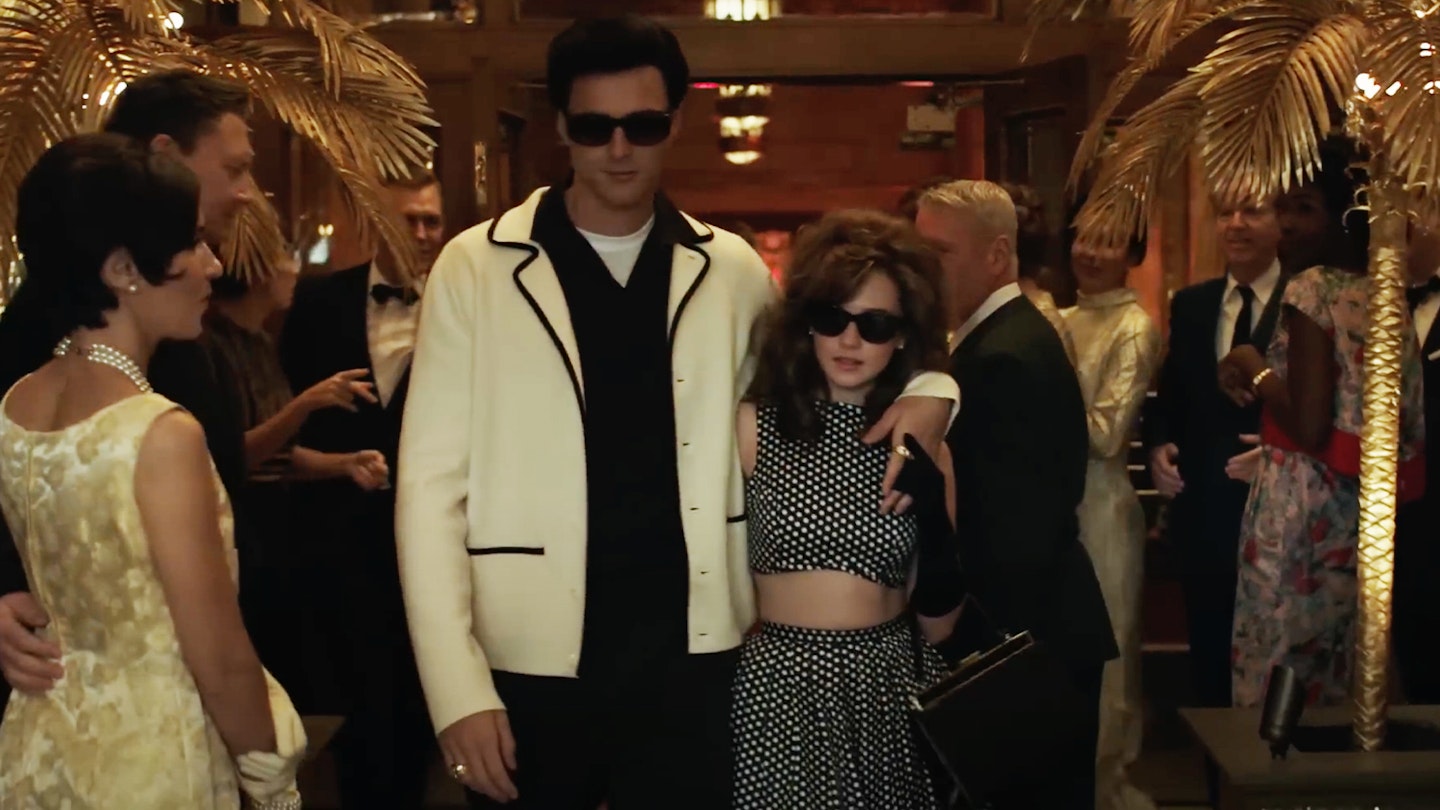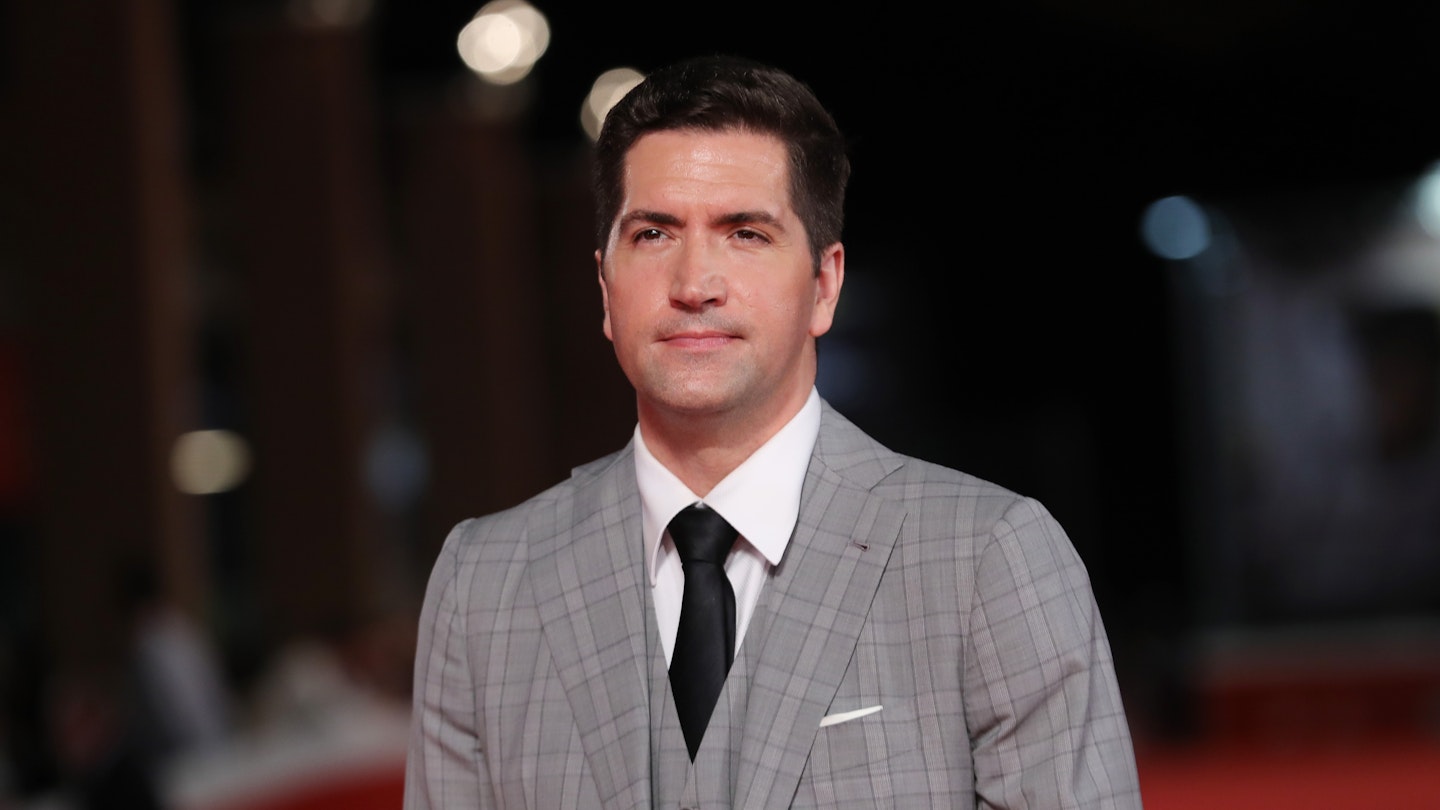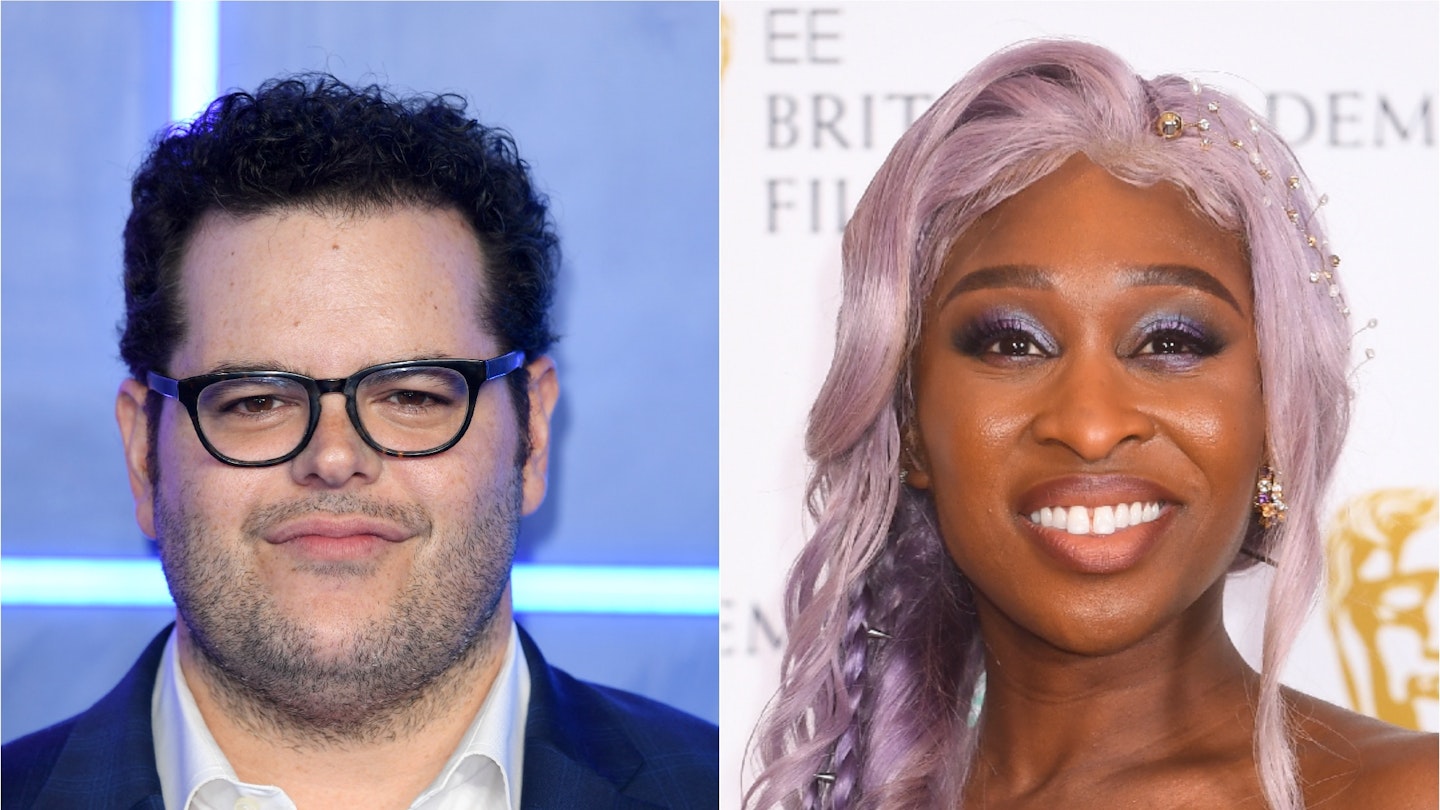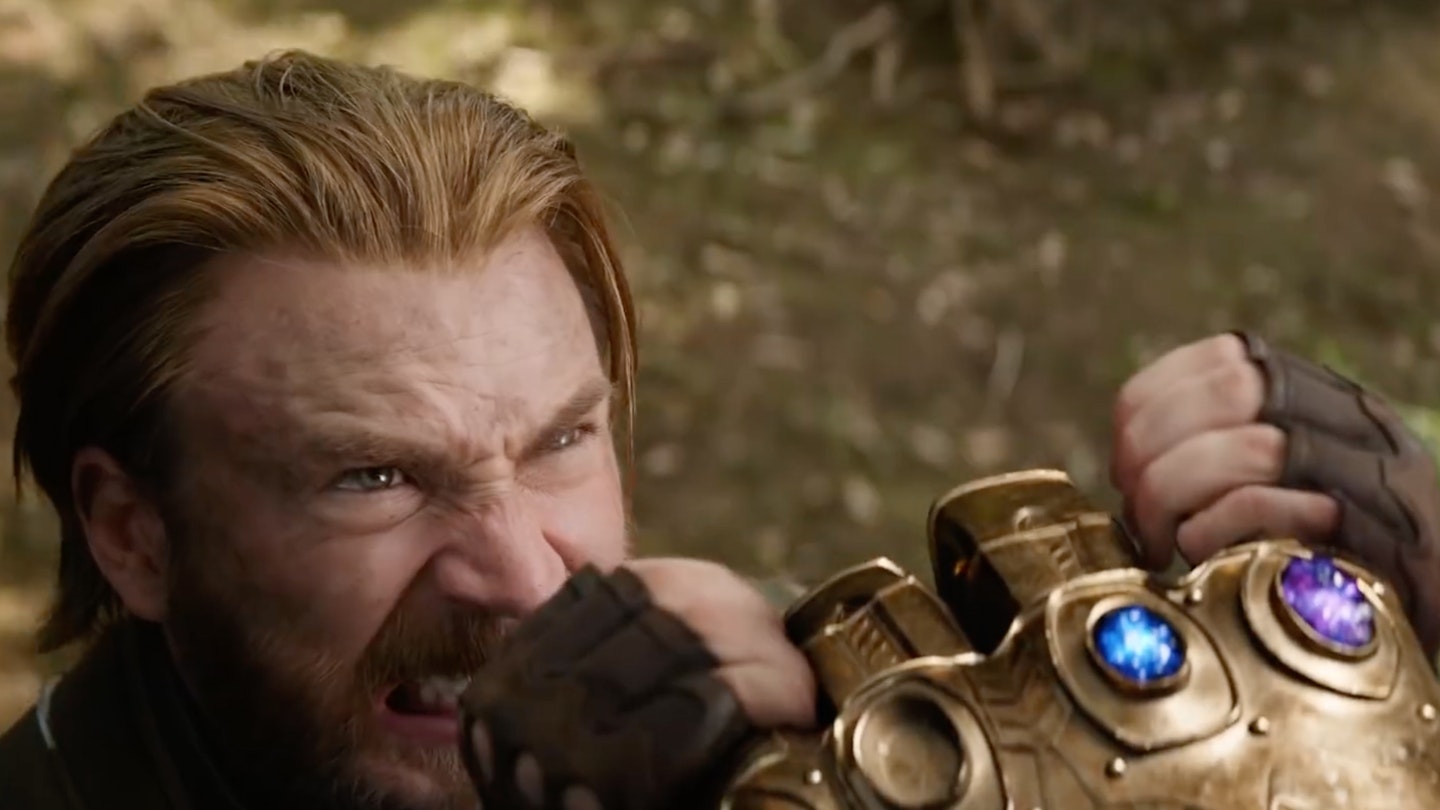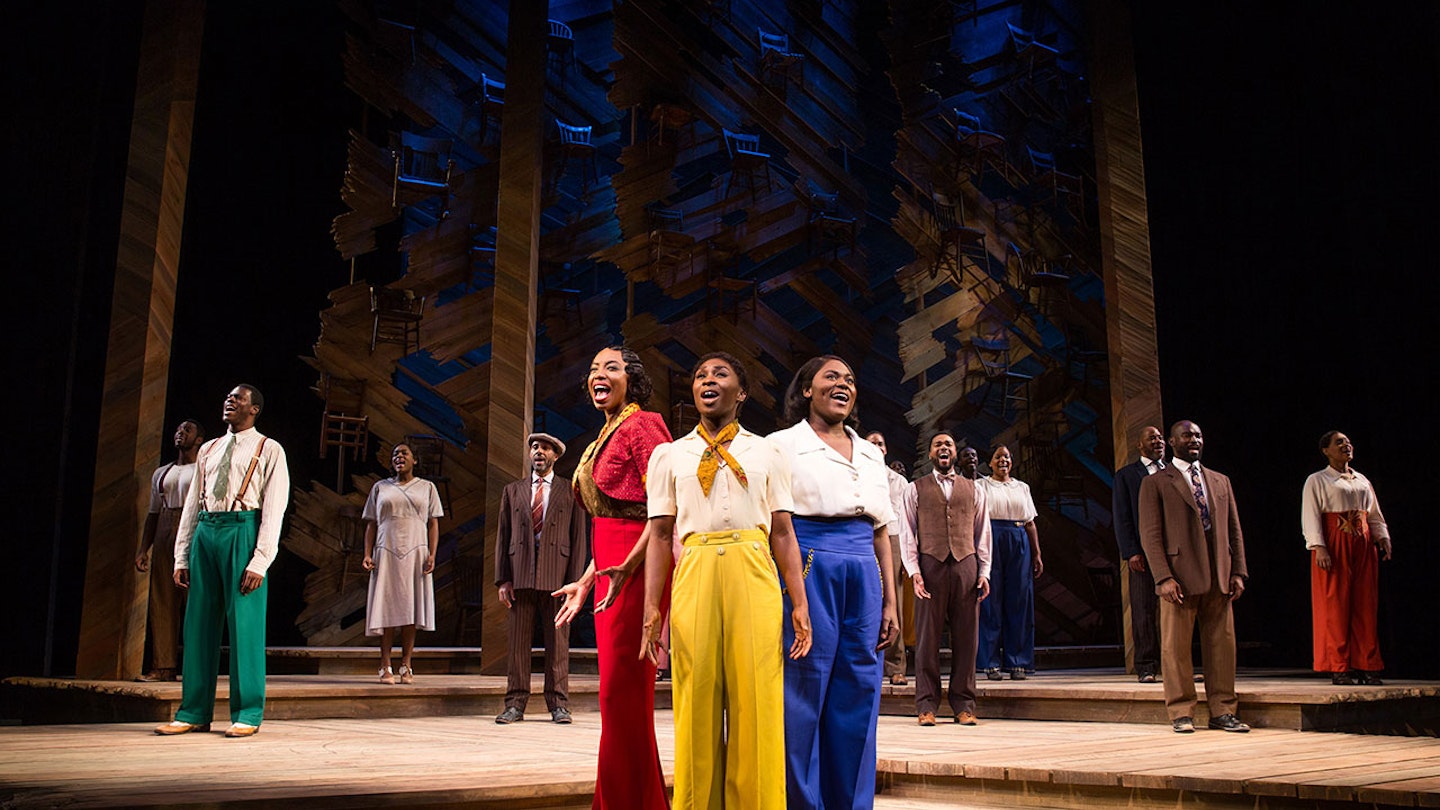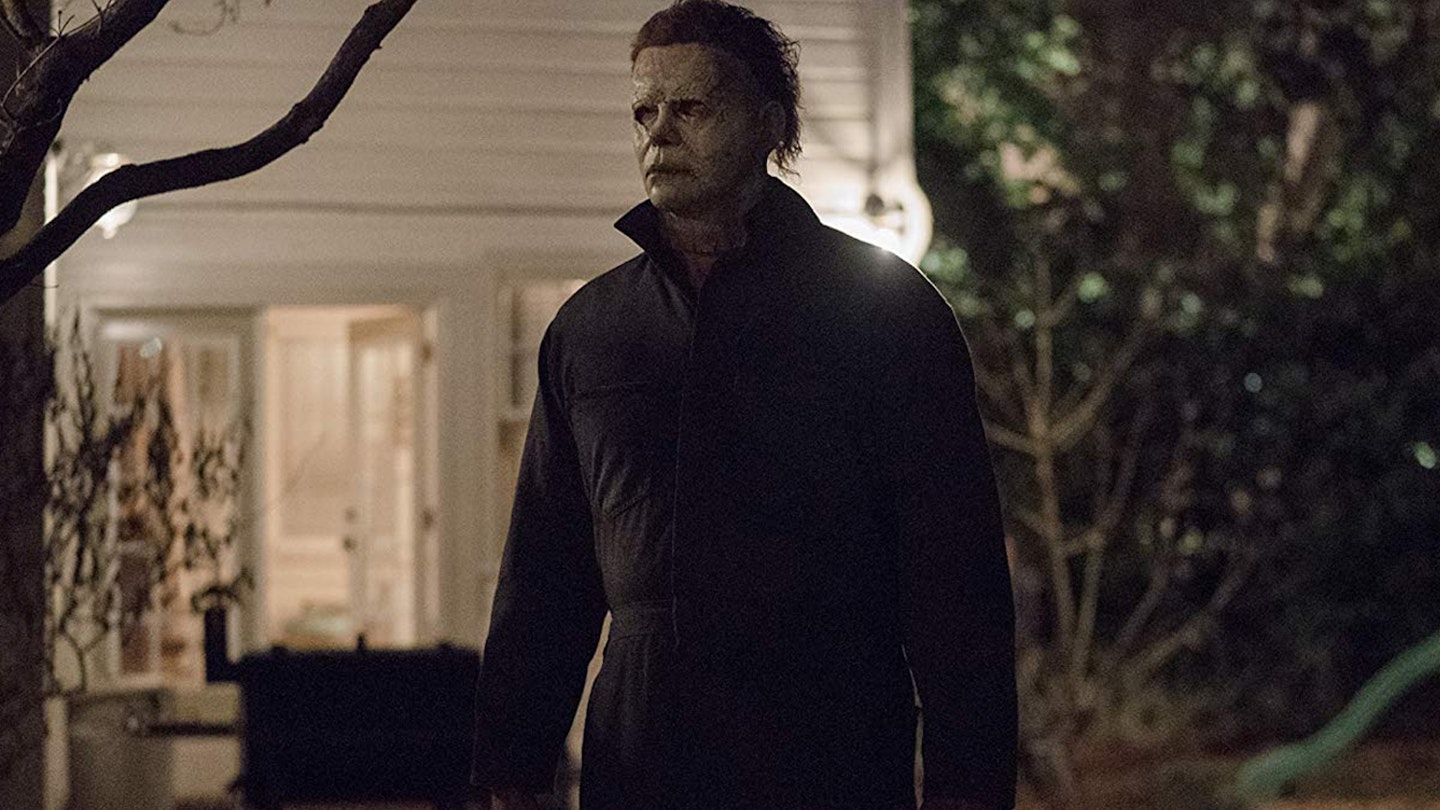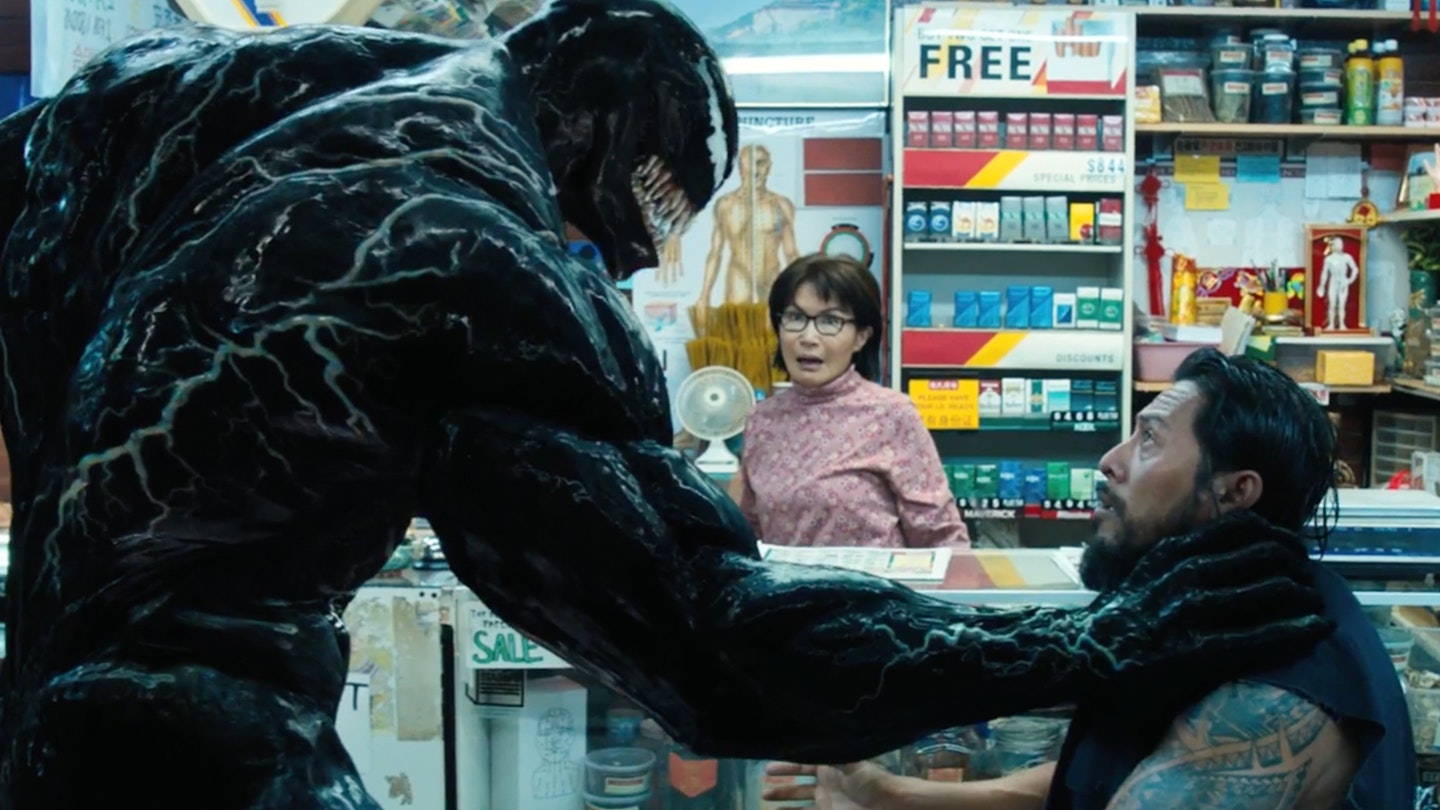Bad Times At The El Royale’s thrilling 1950s prologue is a noir checklist. Mysterious man up to no good in a hotel room? Check. Trilby? Check. Cigarette? Check. Sudden and extreme gun violence that almost gives you a cardiac arrest? Double-check. It’s like, how much more noir could this be? And the answer is none. None more noir.
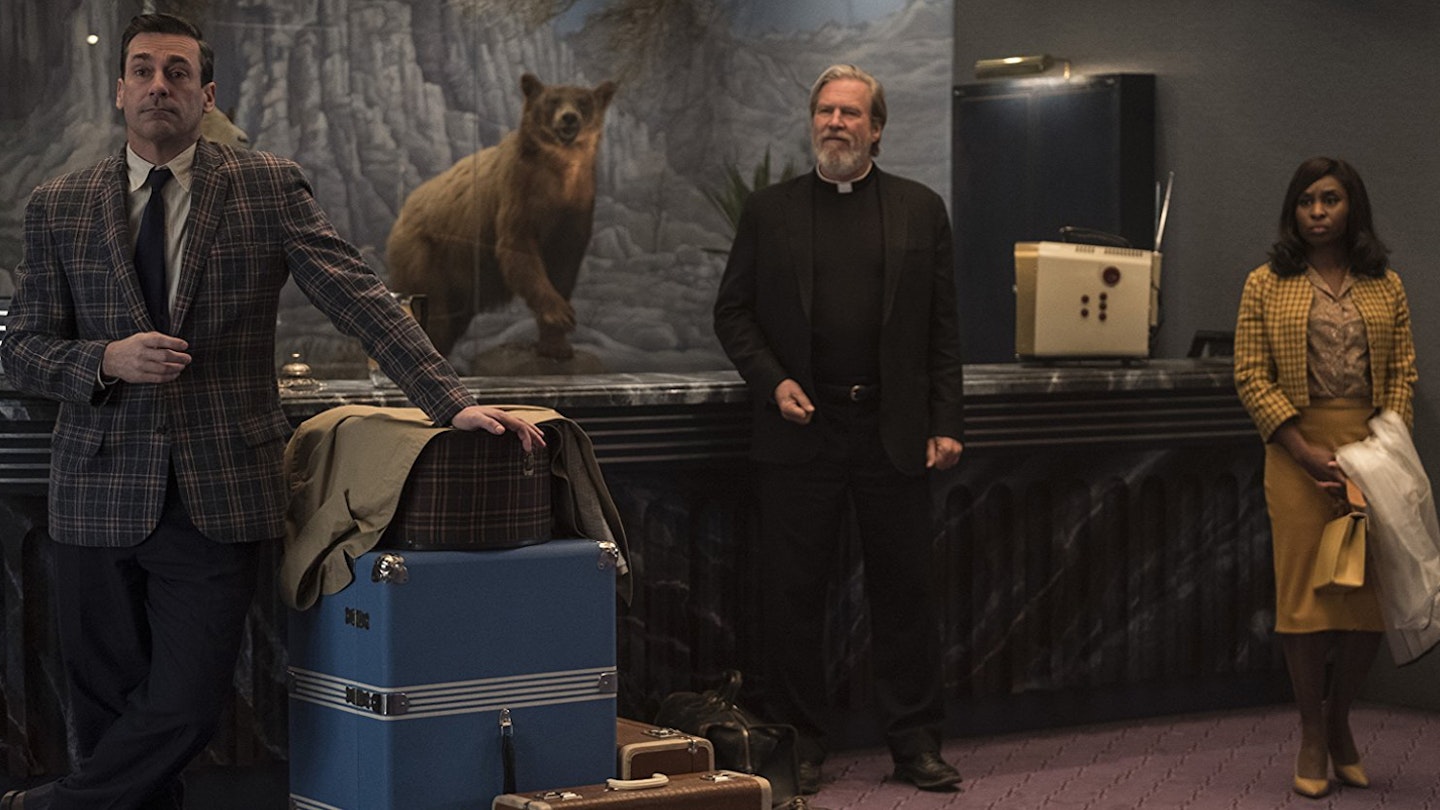
This is precisely the point, of course: Bad Times At The El Royale is a 140-minute noir workout, Drew Goddard absolutely smothering himself in genre from start to finish. It’s the salacious cover of a crime novel come to life. Not that it is mere homage. Goddard, who wrote Cloverfield and The Martian, worked on Buffy, set up Daredevil’s debut season and directed The Cabin In The Woods clearly likes to twist convention, and Bad Times At The El Royale is all manner of twisted.
Transcending its roots, Bad Times At The El Royale emerges as its own thing.
Ten years after that prologue, the film picks up in 1969, where four strangers check into the El Royale. And what glorious guests they are, with glorious names to boot: Jeff Bridges’ priest Father Flynn, Jon Hamm’s vacuum salesman Laramie Seymour Sullivan, Cynthia Erivo’s down-on-her-luck singer Darlene Sweet, and Dakota Johnson’s femme fatale, whose name is eventually revealed, but signs the ledger as “FUCK YOU”. Needless to say, when this lot get together, it’s murder.
The Nevada/California state line runs right through the building, which is decorated accordingly — it’s a hotel of two halves, which tells you what Goddard is going for with the guests, all boasting conflicting natures and fractured morality. And early on, Sullivan discovers the hotel houses secrets of its own, a hidden tunnel allowing visual access to the rooms via one-way mirrors. Here Goddard and cinematographer Seamus McGarvey stage a tour de force tracking shot, an agog Sullivan peering in on the guests as they go about their shady business. The sequence is a gem, not least because it is soundtracked by Erivo singlehandedly taking on The Isley Brothers. We haven’t seen a scene like this before. It is utterly entrancing — at once shocking and vulnerable.
1969 was the end of the dream in America — the dreamers, in fact, had been assassinated, Nixon was in charge, and Charles Manson’s acolytes were on the rampage, the endless summer of love replaced with disillusion, mistrust and fear. Goddard takes shots at the abuse of power, using El Royale’s more nefarious residents to reinforce these larger issues, while dark forces control things from the shadows. Such timely commentary resonates, although the film possibly takes on a little more than it can chew with this. Or maybe it just doesn’t chew on it enough.
Eventually it comes undone a smidge, perhaps buckling under its own weight as Chris Hemsworth is parachuted in to provide a third act which reflects the changing times, but has the film taking a slightly awkward left-turn. And as fun as Hemsworth is, his guy just isn’t as complex as the rest of the gang, who feel fresh, and layered, and new. As he arrives, the noir makes way for something quite different. Transcending its roots, El Royale emerges as its own thing; it’s just that by the end, it might not be 100 per cent sure what that thing is.
Nevertheless it is a joy, with hidden depths and emotional whack. There are many standout scenes, with horribly tense stand-offs and a whole lot of flair. There is real tenderness and deep sadness — Erivo, especially pulling no punches, runs away with the film. And throughout, we are blindsided, Goddard consistently yanking the rug from under us, slamming sledgehammers to our guts.
